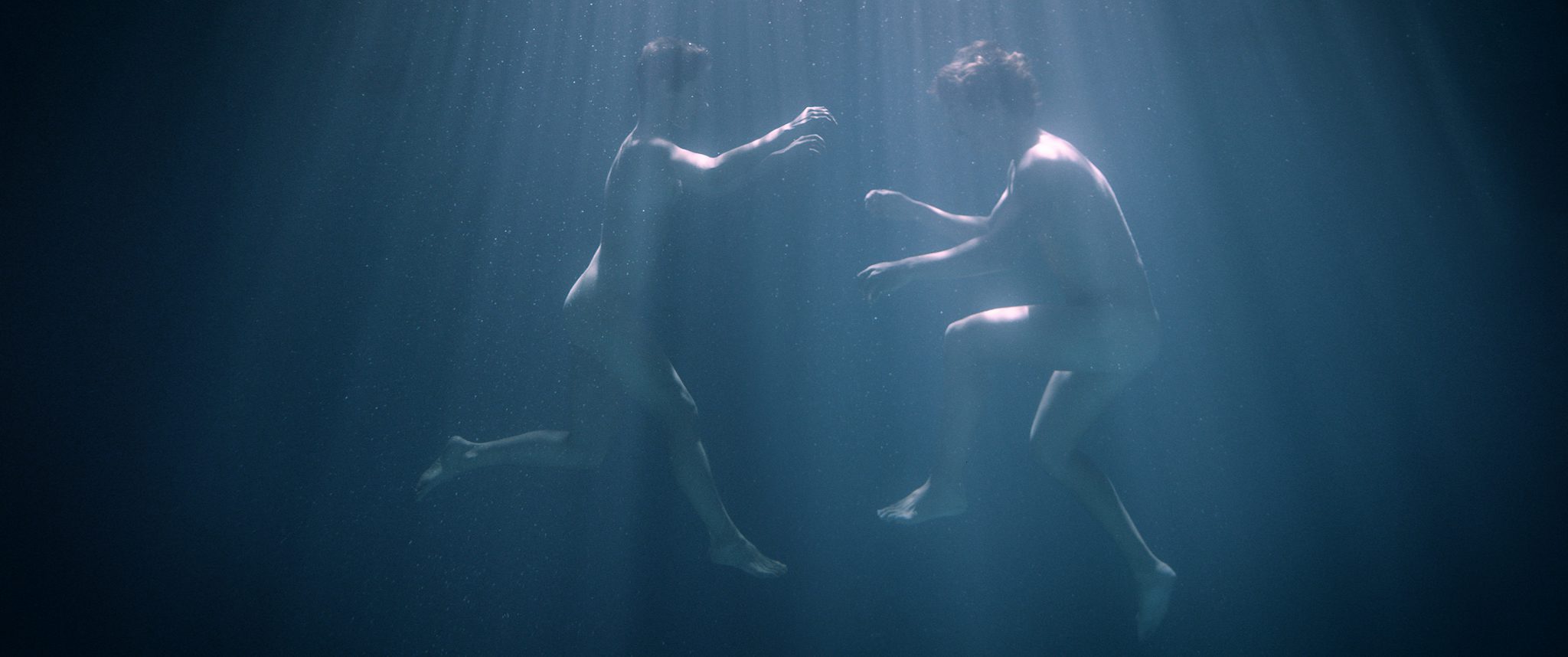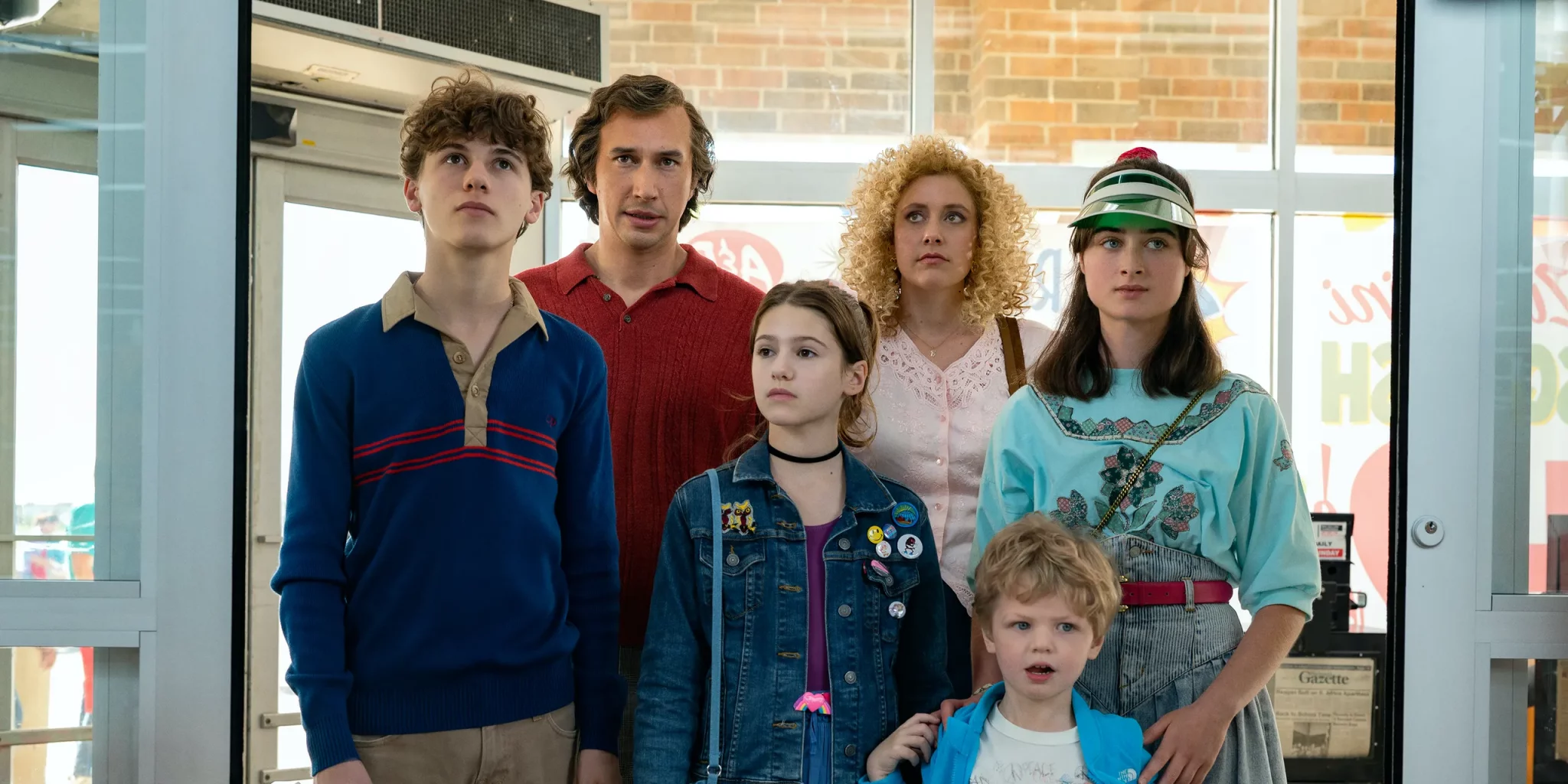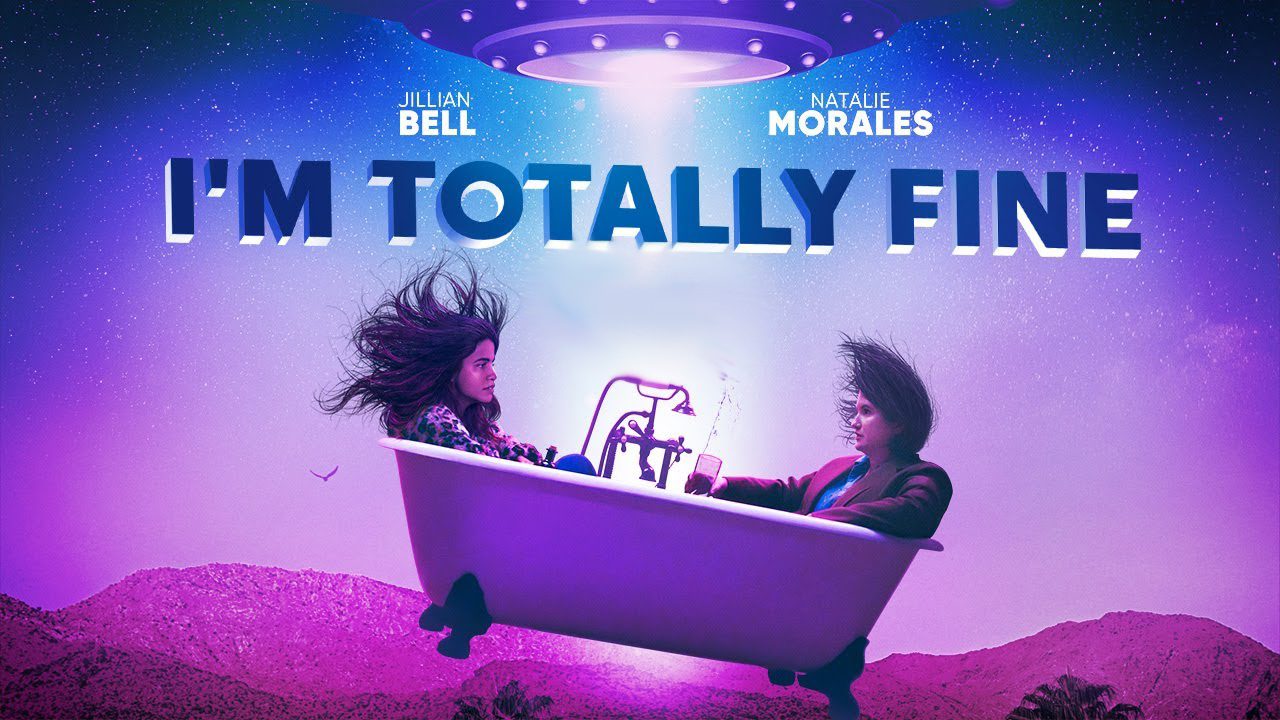
Dune: Part Two – Massive Battles, Personal Story
It’s finally time to head back to Arrakis. Directed by Denis Villenuve, Dune: Part Two picks up shortly after the conclusion of the first film, as Paul Atreides (Timothee Chalamet) attempts to adapt to life with the Fremen on the desert of Arrakis. As he attempts to get his revenge upon the House Harkonnen for the destruction…








